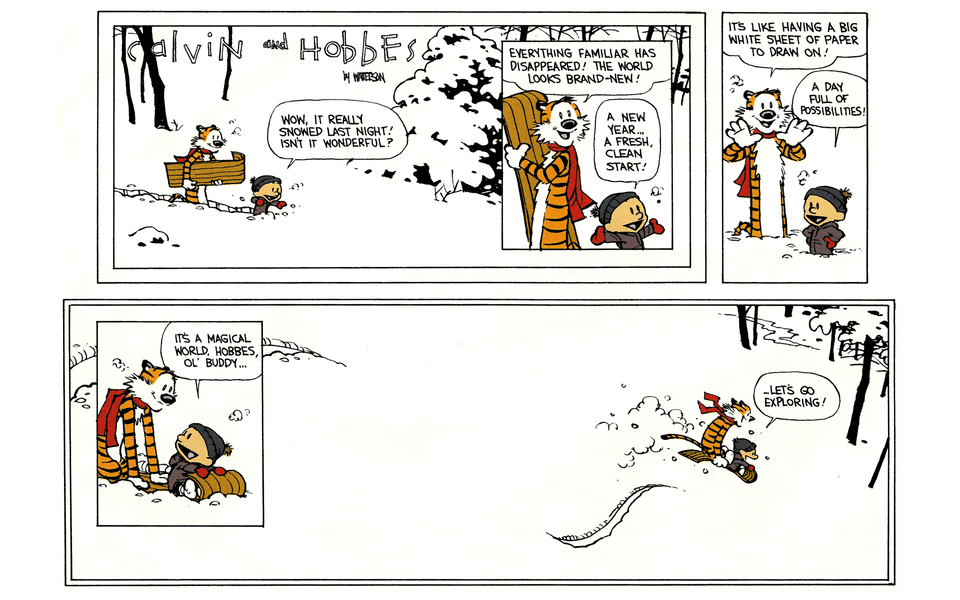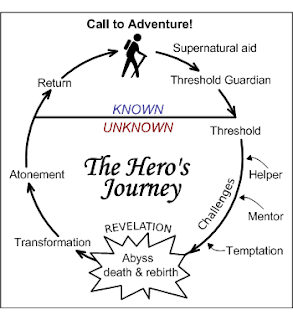Week 15 Lab: Final Advice to Writers

The final story lab, and with it, my (and other writers') parting words: (questioning, taken from MaxPixel ) Make Trouble for Your Character "When in doubt, make trouble for your character. Don’t let her stand on the edge of the pool, dipping her toe. Come up behind her and give her a good hard shove. That’s my advice to you now. Make trouble for your character. In life we try to avoid trouble. We chew on our choices endlessly. We go to shrinks, we talk to our friends. In fiction, this is deadly. Protagonists need to screw up, act impulsively, have enemies, get into TROUBLE." -- Janet Fitch Without the characters, the story can't really happen. But a common pitfall I come to when creating characters is to make them too tame. Just as we sometimes need some suffering to grow, so they need that "push" of detriment to really spur their development. They a way to deal with my problems rather than a living, breathing part of the story they're in. Wh...



